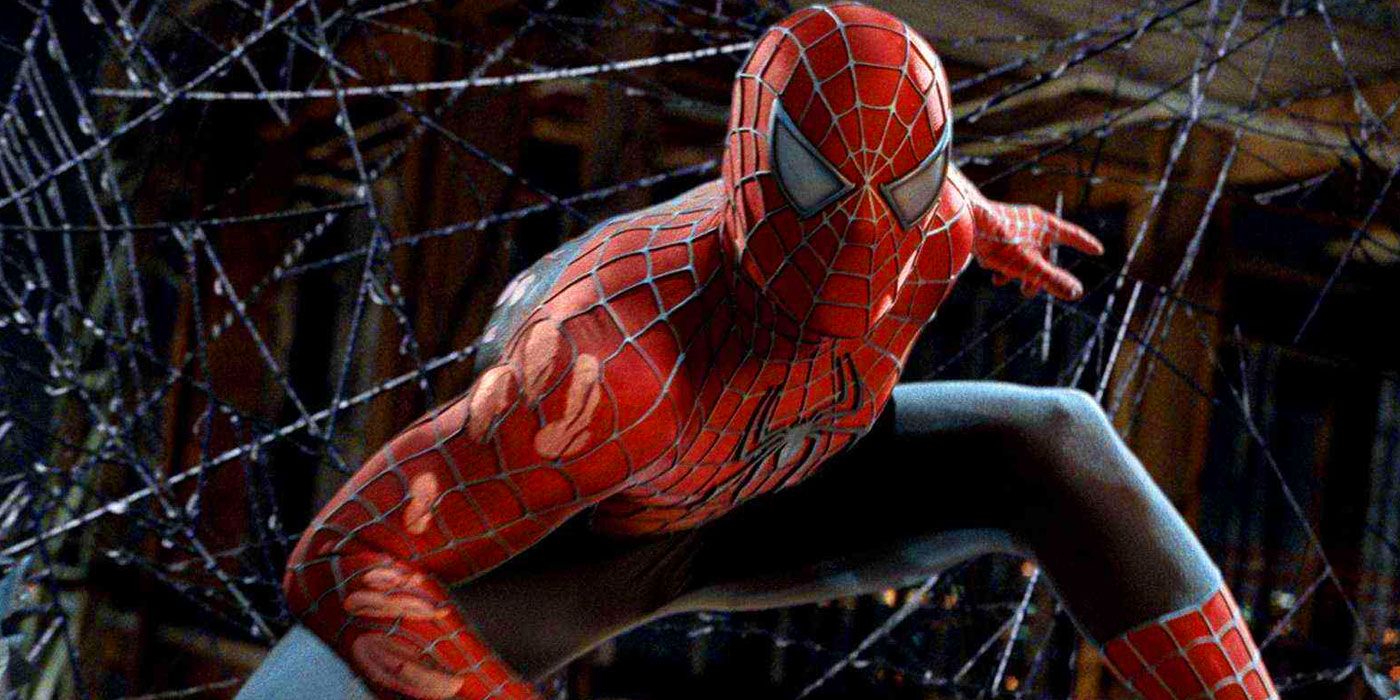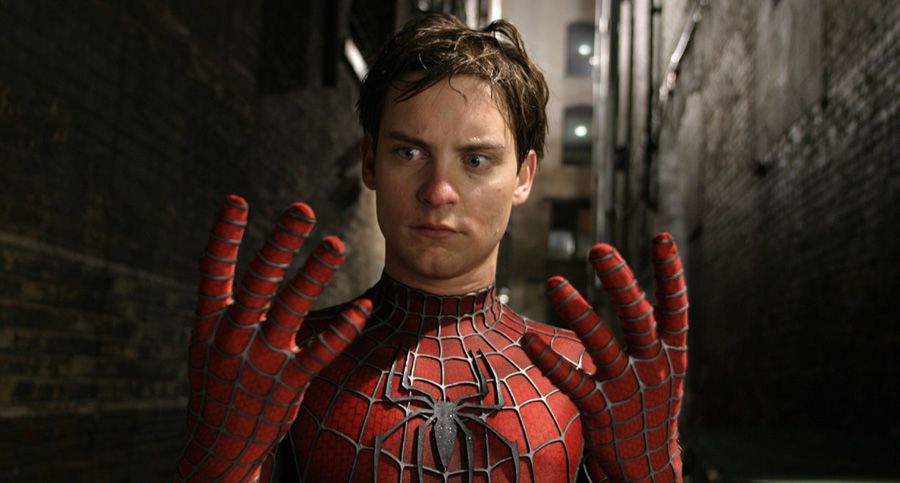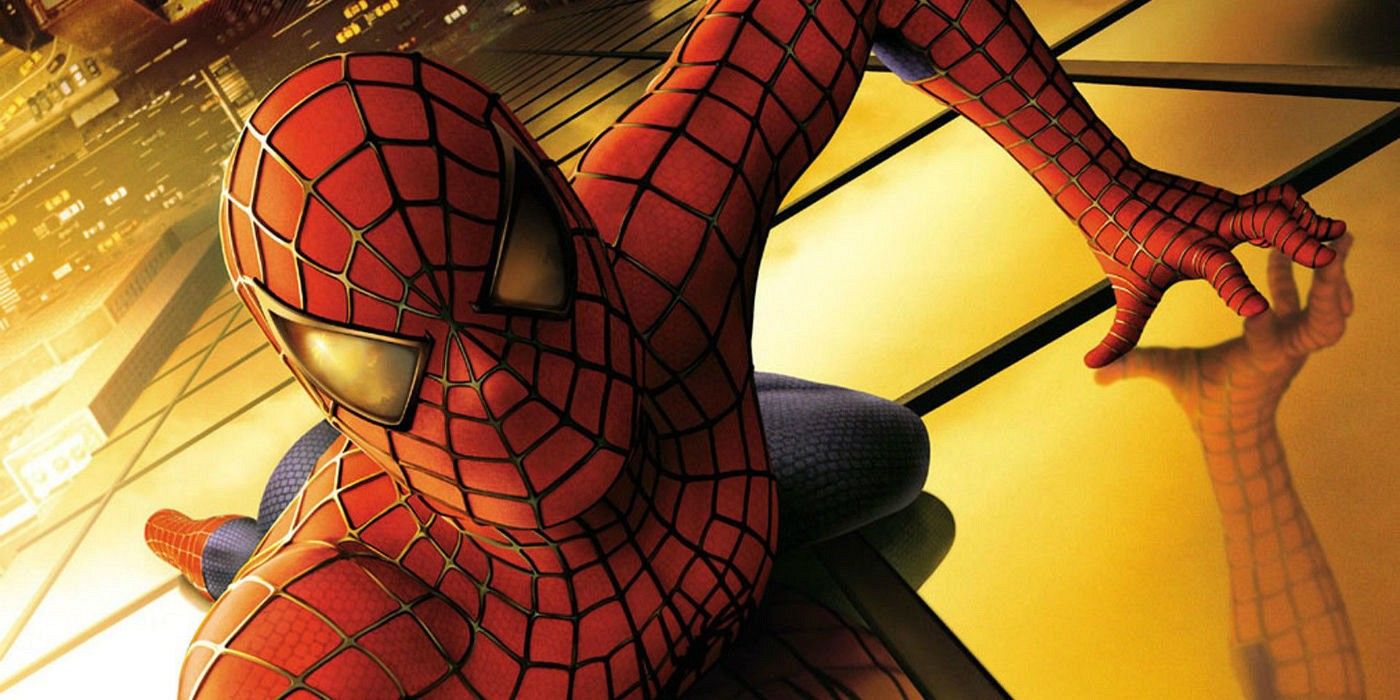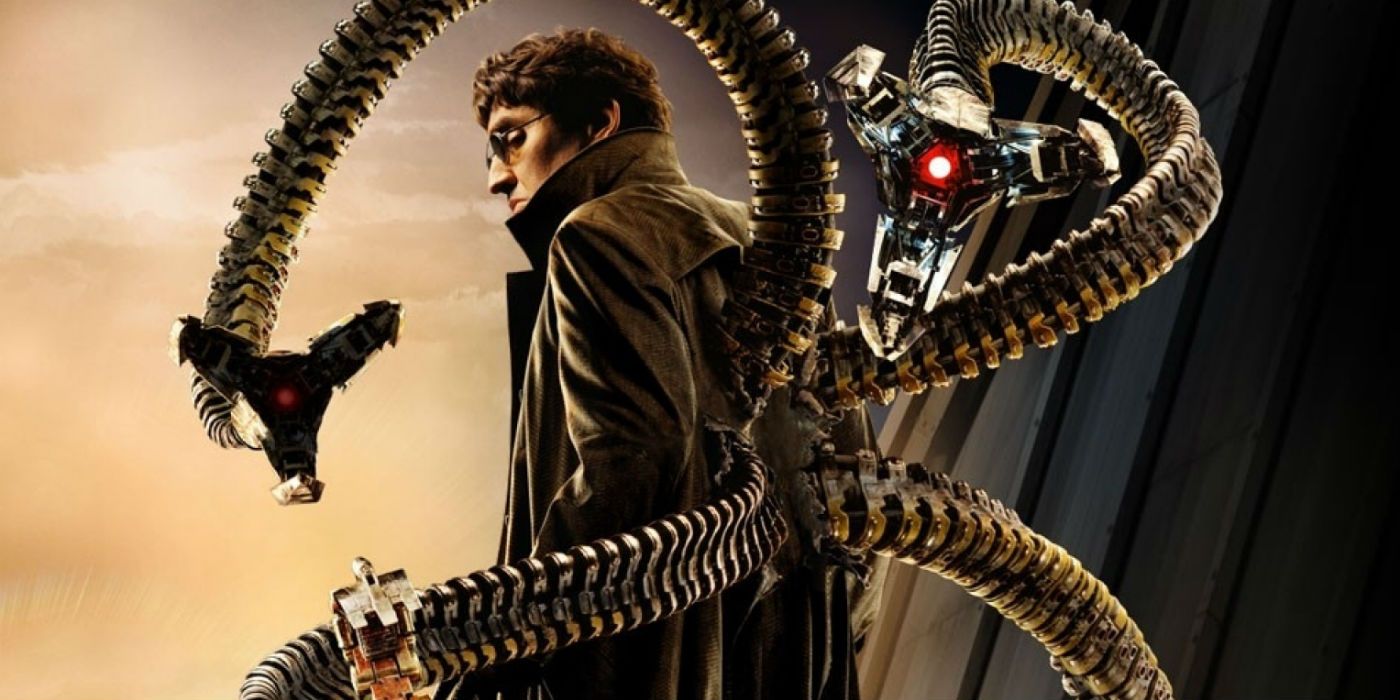Recently, Kirsten Dunst told an interviewer that she wished she, Tobey Maguire and director Sam Raimi had gotten to make Spider-Man 4 . The never-developed sequel seemed a no-brainer to green light after the record-breaking box office of the original Spider-Man trilogy, but in late 2011, Sony pulled the plug over creative differences with Raimi and announced it would be rebooting the franchise into The Amazing Spider-Man -- a franchise that lasted for two films before Sony and Marvel reached a shared custody agreement for ol' Webhead. Thus, starting with last year's Captain America: Civil War and continuing with next month's Spider-Man: Homecoming.
RELATED: Kirsten Dunst Wishes She Could’ve Made Spider-Man 4
Given the tumultuous on-screen history of Spidey post-Raimi, and the equally convoluted history it took to get him to the movies in the first place, now that we have our third big screen Spider-Man in 25 years, we asked ourselves, how does the Raimi trilogy hold up? Now that we've seen so many superhero movies explode through the Marvel Cinematic Universe, with even Ant-Man headlining his own hit film, does Raimi's foray into superhero films really hold together today? Actually, it turns out that the original Spidey trilogy holds up pretty damn well, indeed.
The first thing you notice when you rewatch 2002's Spider-Man is that it is, undeniably, a Sam Raimi movie. From Ash Williams's Evil Dead adventures onward, Raimi's films have always been about outcast weirdos -- and there are very few outcast weirdos bigger or weirder than Peter Parker. Even before he's bitten by a genetically-altered spider, the audience knows Peter (Tobey Maguire) is an ostracized loser with practically no social skills. And things don't get any easier once his new powers manifest.
Similar to the first volume of Marvel's Ultimate Spider-Man comic (which had already been running for two years by the film's release), Raimi and credited scriptwriter David Koepp make the choice to flesh out Pete's aunt and uncle fully before tragedy strikes them. Key to that, of course, is having ringers like legendary stage actress Rosemary Harris and Oscar-winning actor Cliff Robertson as probably the most intimately likable versions of Ben and May we've seen in any medium.
8 Times Sam Raimi Got Spider-Man Right (and 7 He Got Him SO Wrong)
Apart from that page from Ultimate though, Raimi and his collaborators make this a grand tribute to classic Spidey comics all the way. The lodestone of this approach is Maguire, who was no one's idea of a major action star in 2002, having previously starred in movies like The Cider House Rules. He looks like a John Romita drawing of Peter Parker, but sounds and acts like a Steve Ditko character. Every other character on screen, from Dunst as an angelic Mary Jane Watson to James Franco as a breezy but conflicted Harry Osborn, follows that same line.
Another key aspect of why Spider-Man and its sequels work are its villains. So, so many of the MCU films have great character moments, but suffer from a lack of interesting, compelling villains. Seriously, do you even remember Christopher Eccleston was Malekith the Accursed in Thor: The Dark World? Does Christopher Eccleston?
RELATED: Spider-Man: Homecoming: Tom Holland Unveils New Theater Standee
Raimi has always been a character actor's director, thus he set about recruiting left-field choices like Alfred Molina to play a nobly tragic Doctor Octopus, Topher Grace to really lean into the sleaze of Venom, and Willem Dafoe, one of the world's greatest villainous actors, to bring both horror and pathos to the Green Goblin. Couple that with solid screenplays (Spider-Man 2 has a story co-credited to Pulitzer Prize-winning author Michael Chabon), incredible special effects and costuming, and distinctive, grandiose scores provided by Danny Elfman and Christopher Young (for Spider-Man 3) with distinctive themes and a rousing, optimistic spirit, and you have a formula for a trilogy of blockbusters that are great movies in and of themselves. It's almost a bonus that they all work really well together.
There's also a lot of fascinating subtext with these films. Not just the continuing growth and change that Peter undergoes in each new release, but his understanding of love and sacrifice in his relationship with MJ, the symbolic and (in one instance) literal ties that bind him to his villains, particularly the evolving relationship he has with Harry Osborn, from unlikely friends to bitter rivals to stalwart allies. Consider also the question of the trilogy's timing. In particular, the first film functions as a cathartic release America needed after the trauma of 9/11.
Tying all this together is Raimi's straight-up admiration for the superhero genre. Anyone who saw his first stab at superheroics in 1990's Liam Neeson-starring Darkman already knew he loved the genre, even if that film cast an absurdist, bemused look at its varied inspirations. But throughout his trilogy, Raimi shows that he just gets the aspirational and inspirational aspects of Spider-Man. With his classical Hollywood inspirations and willingness to bring horror techniques and signature moves like nonhuman first person POV shots to the mainstream film, Raimi, along with Lord of the Rings director Peter Jackson, can arguably lay claim to having helped invent the standard bearer of visual language for 21st century blockbusters.
RELATED: QUIZ: Can You Name These Spider-Man Villains?
Granted, not every choice Raimi made in these movies is perfect. In particular, as radiant as she is on screen, Dunst's Mary Jane just doesn't have that much to her as a character, at least through the first film. Spider-Man 3 really is an overstuffed film, but not for the reasons the Internet normally says -- chiefly, Gwen Stacy (Bryce Dallas Howard) really has no reason to be there at all; if the goal was to create a Cheryl Blossom-esque rival to MJ for Peter's affections, Felicia Hardy/Black Cat would have worked far better. Ultimately, though, those are quibbles in the grand scheme of Raimi's trilogy.
As inspirational and inspiring as Wonder Woman is in 2017, Spider-Man was in 2002 and its sequels really only improved. Plus, the first film helped usher in the practice of Free Comic Book Day falling on the first week in May. Had my local movie theatre not been handing out copies of Ultimate Spider-Man #1 on opening night, I probably wouldn't have written this article at all, nor even gotten into comics. For that, and so much else, the Raimi Spidey trilogy will always have a special place in my, and countless others fans' hearts.




